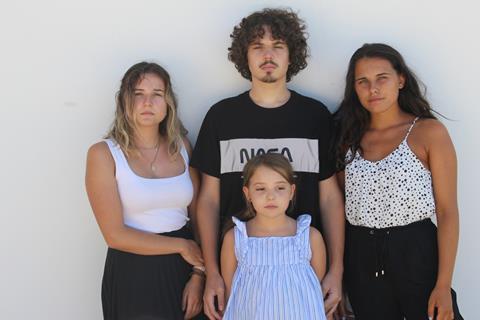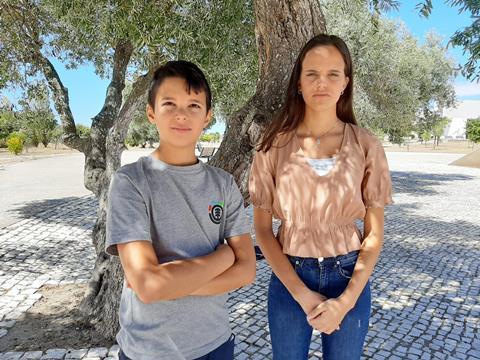An action brought by a group of six young people against 33 countries in the European Court of Human Rights over climate change has been described as a ‘David and Goliath case’ which is ‘unprecedented in its scale and consequences’.
The Portuguese applicants, aged between 11 and 24, argue that the governments of 32 countries including the United Kingdom, Portugal and Belgium are not doing enough to tackle climate change and, as a result, are infringing individual human rights.


At a press conference this week, lawyer Gerry Liston of Global Legal Action Network said the judgment would ‘act like a binding treaty…requiring [the respondents] to rapidly accelerate their climate mitigation efforts’. He added: ‘In legal terms, it would be a gamechanger.’
He added: ‘The ECtHR is the first and last resort for the youth-applicants because national courts, even in the successful climate cases in Europe, have not provided remedies capable of protecting the youth-applicants.
‘For example, in the landmark Urgenda case in the Netherlands, the Dutch Supreme Court only ordered the Netherlands to achieve what it termed the “absolute minimum” of its fair share of the emissions cuts required to hold global warming to 2ºC. If every country did this, the world would significantly overshoot the already very harmful 2°C temperature threshold.
‘The only court that the youth-Applicants can turn to in an effort to seek a judgment compelling European countries to do what is necessary to protect them is the ECtHR.’
Dr Gearóid Ó Cuinn, the founding director of Global Legal Action Network, added that the ‘David and Goliath case’ was ‘unprecedented’. He added: ‘Never before have so many countries had to defend themselves in front of any court anywhere in the world.’
Catarina dos Santos Mota, 23, one of the applicants who will attend the hearing on 27 September, said: ‘Governments around the world have the power to stop this, and Europe’s governments are choosing not to stop this. When governments fail to protect us, it is the job of the European Court of Human Rights to step in.’
This article is now closed for comment.



























13 Readers' comments